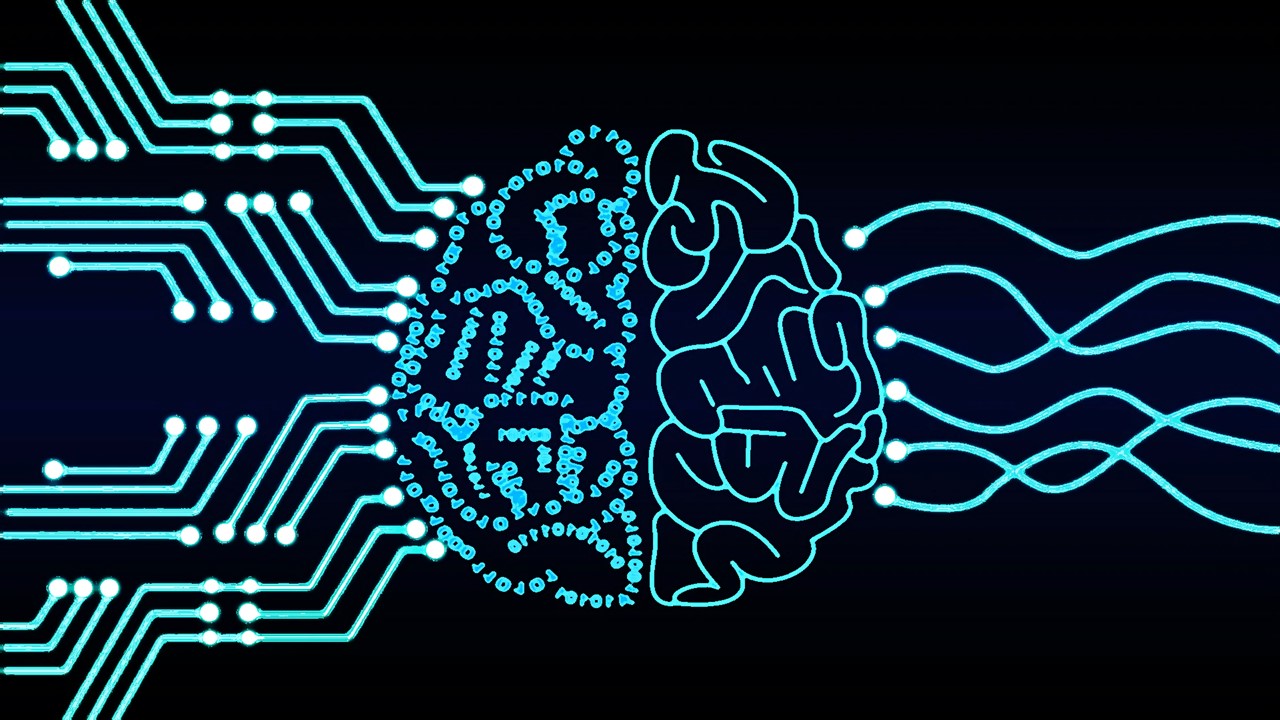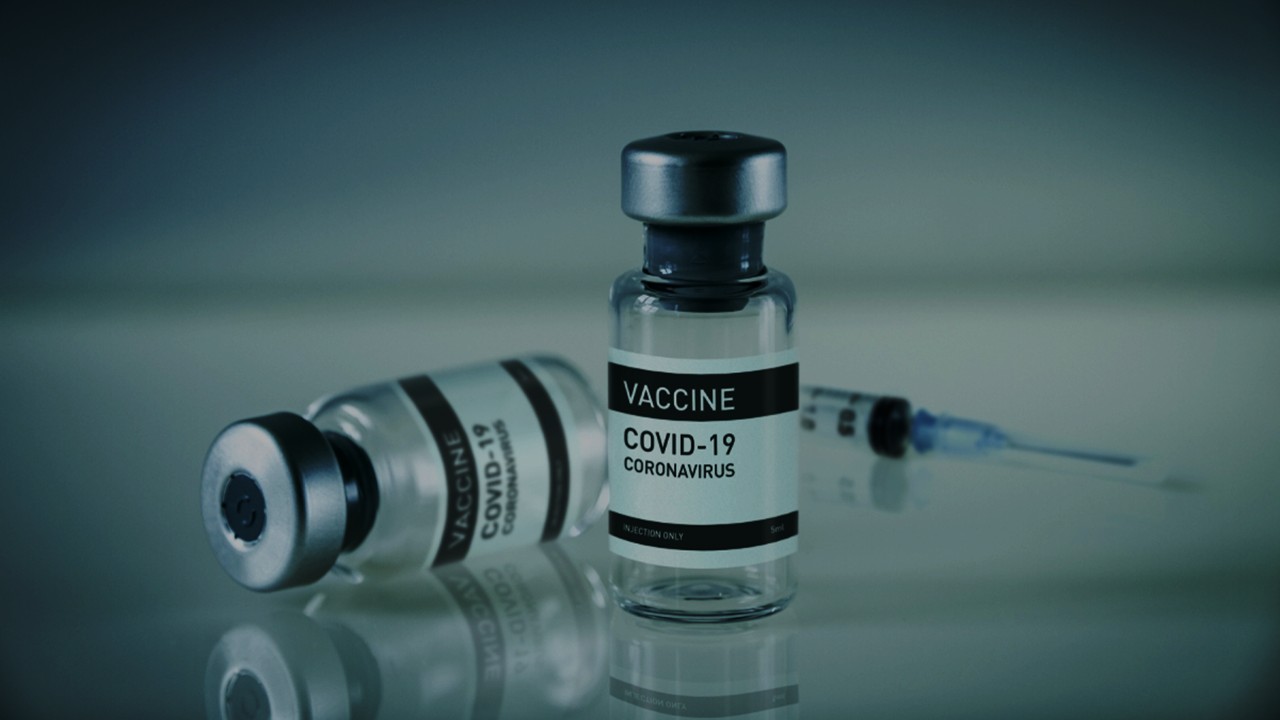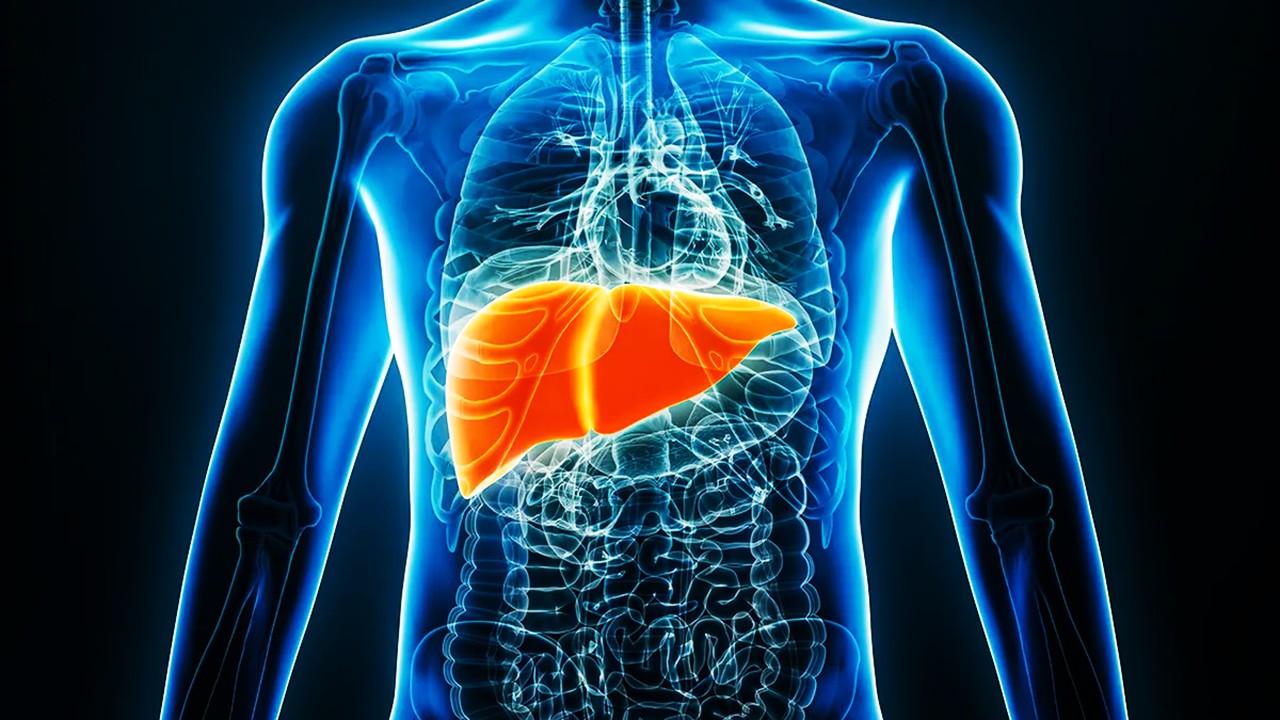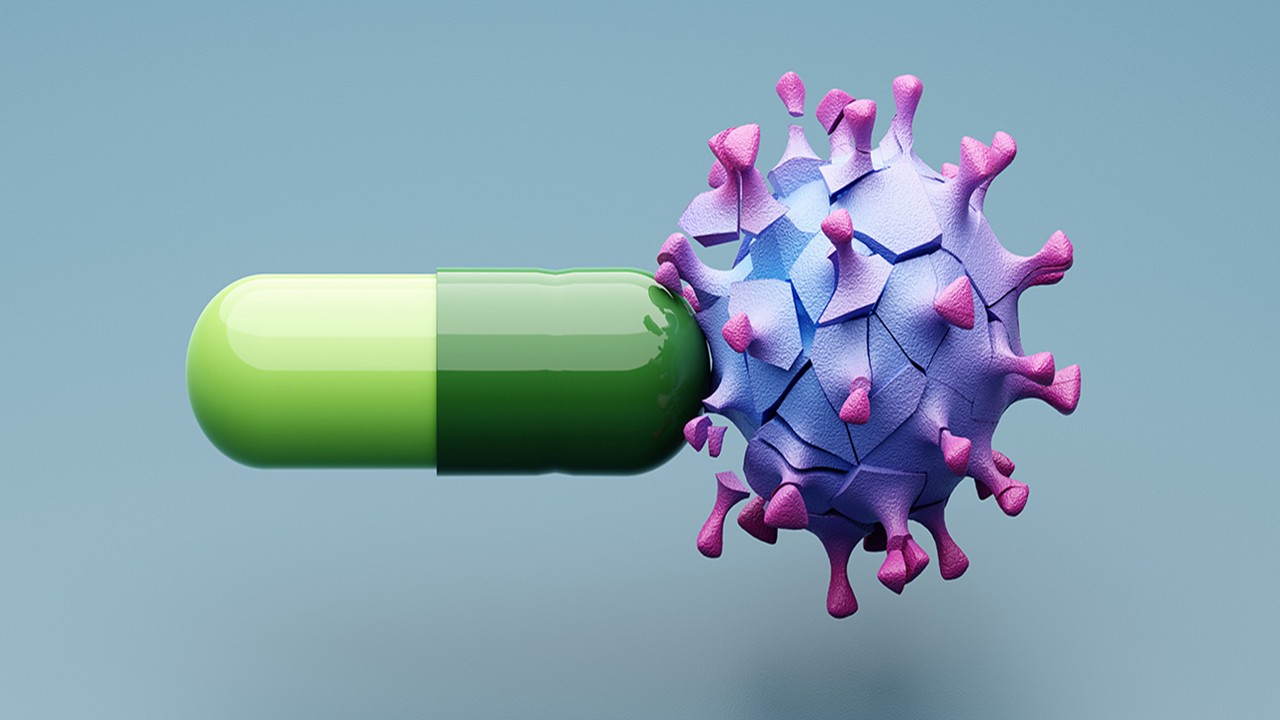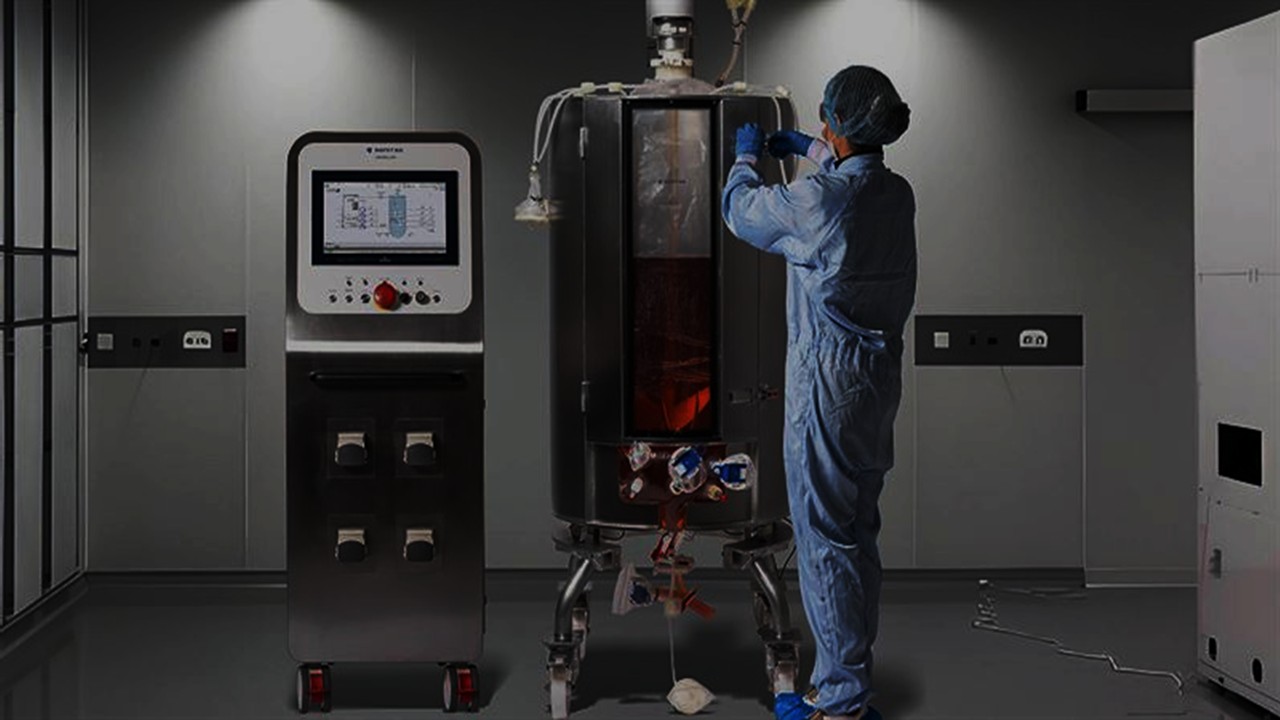In the quest to overcome the myriad challenges facing the global healthcare industry, modern technologies stand out as beacons of hope. Among these, machine learning (ML) techniques shine particularly bright, promising to revolutionize healthcare delivery, improve patient outcomes, and streamline costs. From enhancing diagnostic accuracy to automating medical imaging analysis, ML holds the key to a healthier future. Let’s delve into the driving forces propelling ML into the forefront of healthcare transformation.
Healthcare Data: A Treasure Trove Waiting to Be Unlocked
Healthcare generates vast amounts of data from diverse sources, including patient records, medical imaging, genomics, and clinical trials. This abundance of information, often referred to as “big data,” presents both a challenge and an opportunity. Despite its immense potential, a significant portion of this data remains untapped, residing in unstructured formats or disparate systems. However, harnessing the power of big data holds the promise of ushering in a new era of evidence-based medicine and value-based healthcare. By analyzing this wealth of information, healthcare providers can gain deeper insights into diagnosis, treatment outcomes, and patient care, ultimately driving efficiencies and improving overall quality of care.
Meeting the Needs of an Aging Population
As the global population ages, healthcare systems worldwide face mounting pressure to adapt to the needs of older adults. With chronic diseases becoming increasingly prevalent among the elderly, there is a growing demand for multidisciplinary approaches to care that address not only individual ailments but also the complex interplay of comorbidities. Technology-driven solutions, including ML-powered diagnostics and preventive care algorithms, offer hope amidst the looming healthcare crisis. By leveraging data analytics and predictive modeling, healthcare providers can proactively identify at-risk individuals, tailor interventions, and optimize resource allocation, thus ensuring that aging populations receive the high-quality care they deserve.
Global Pandemic: Navigating Healthcare in Crisis
The COVID-19 pandemic has underscored the urgent need for innovative approaches to pandemic management and preparedness. From early detection and contact tracing to drug discovery and forecasting, ML algorithms have emerged as invaluable tools in the fight against infectious diseases. By analyzing vast datasets and identifying patterns in disease transmission, ML enables healthcare authorities to make informed decisions and deploy resources effectively. As the world grapples with the ongoing threat of pandemics, the integration of AI and ML into public health strategies holds the promise of mitigating future crises and safeguarding global well-being.
Pervasive Medical Errors: Towards a Safer Future
Despite advancements in medical science, preventable medical errors continue to significantly threaten patient safety. From diagnostic inaccuracies to medication errors, these lapses can have devastating consequences for patients and their families. Addressing this critical issue requires a multifaceted approach that encompasses improved communication, standardized protocols, and continuous learning from mistakes. ML-powered decision support systems offer a proactive solution, flagging potential errors, and guiding healthcare professionals towards optimal outcomes. By harnessing the power of data and analytics, healthcare providers can minimize risks and ensure safer, more reliable care delivery.
Empowering Individuals in their Health Journey
In an era defined by consumer empowerment, patient-centricity has emerged as a guiding principle in healthcare delivery. Today’s patients expect personalized care experiences that align with their preferences and priorities. From access to comprehensive medical records to expedited appointment scheduling, healthcare organizations must adapt to meet these evolving needs. ML algorithms offer a pathway toward patient-centricity, enabling providers to analyze vast amounts of data and tailor services to individual preferences. By embracing data-driven insights, healthcare organizations can cultivate stronger patient-provider relationships and deliver superior outcomes.
In conclusion, machine learning stands poised to revolutionize the healthcare landscape, offering solutions to some of the industry’s most pressing challenges. From harnessing the power of big data to navigating global pandemics, ML holds the key to a healthier, more resilient future. As healthcare providers continue to embrace innovation, integrating ML into clinical practice promises to unlock new possibilities and transform the delivery of care worldwide.
Engr. Dex Marco Tiu Guibelondo, B.Sc. Pharm, R.Ph., B.Sc. CpE
Editor-in-Chief, PharmaFEATURES

Subscribe
to get our
LATEST NEWS
Related Posts

AI, Data & Technology
Precision in Three Dimensions: A Novel Approach to Tumor Resection and Reconstruction of the Femoral Trochanter
The integration of digital modeling and personalized guides into the surgical workflow transforms the execution of tumor resection and reconstruction.

AI, Data & Technology
Blueprint for the Future: Establishing Rigorous Standards for Medical AI Data
Medical AI requires not just vast datasets but datasets of impeccable quality.
Read More Articles
Mini Organs, Major Breakthroughs: How Chemical Innovation and Organoids Are Transforming Drug Discovery
By merging chemical innovation with liver organoids and microfluidics, researchers are transforming drug discovery into a biologically precise, patient-informed, and toxicity-aware process.
Tetravalent Vaccines: The Power of Multivalent E Dimers on Liposomes to Eliminate Immune Interference in Dengue
For the first time, a dengue vaccine candidate has demonstrated the elusive trifecta of broad coverage, balanced immunity, and minimal enhancement risk,





